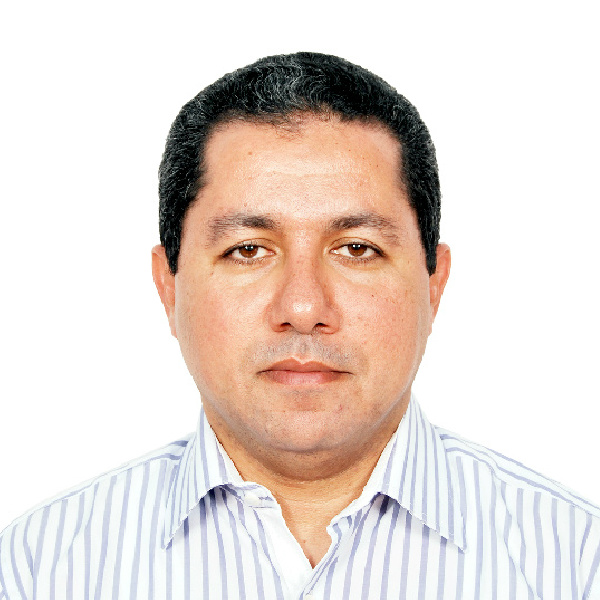
Alaa Abousetta
Suez Canal University, Egypt
Title: The effects of concomitant Ginkgo intake on noise induced Hippocampus injury. Possible auditory clinical correlate
Biography
Biography: Alaa Abousetta
Abstract
This study was conducted to determine the injurious effects of noise on the hippocampus, and to show whether Ginkgo biloba (Gb) has any modulatory effect on hippocampal injury. Fifteen adult male albino rats were divided into three groups; control group, noise group and protected group. The noise group was exposed to 100 dB Sound pressure level (SPL) white noise, six hours/day for four consecutive weeks. The protected group was exposed to the same noise level with the administration of Gb extract to the animals (50 mg/kg daily) for 4 weeks. In the noise exposed group, both pyramidal cell layer and dentate gyrus (DG) granular cell layer showed a decrease in thickness with loss and degeneration of many cells. The protected group showed preservation of many parameters as compared to the noise group i.e. increase in thickness of Cornu Ammonis area3 (CA3)&DG; increase in surface area of cells and increased vascularity. In conclusion, noise had detrimental effects on cells of Cornu Ammonis area1 (CA1), CA3 & DG of the hippocampus. In view of this finding, the clinical auditory hazardous effects in people exposed to harmful noise such as tinnitus, as well as memory disturbances and learning disabilities might have a new dimension. The administration of Gb protected the hippocampus against the injurious effect of noise. The probable mechanism and usefulness of Gb in reducing the previously mentioned effects are discussed.
